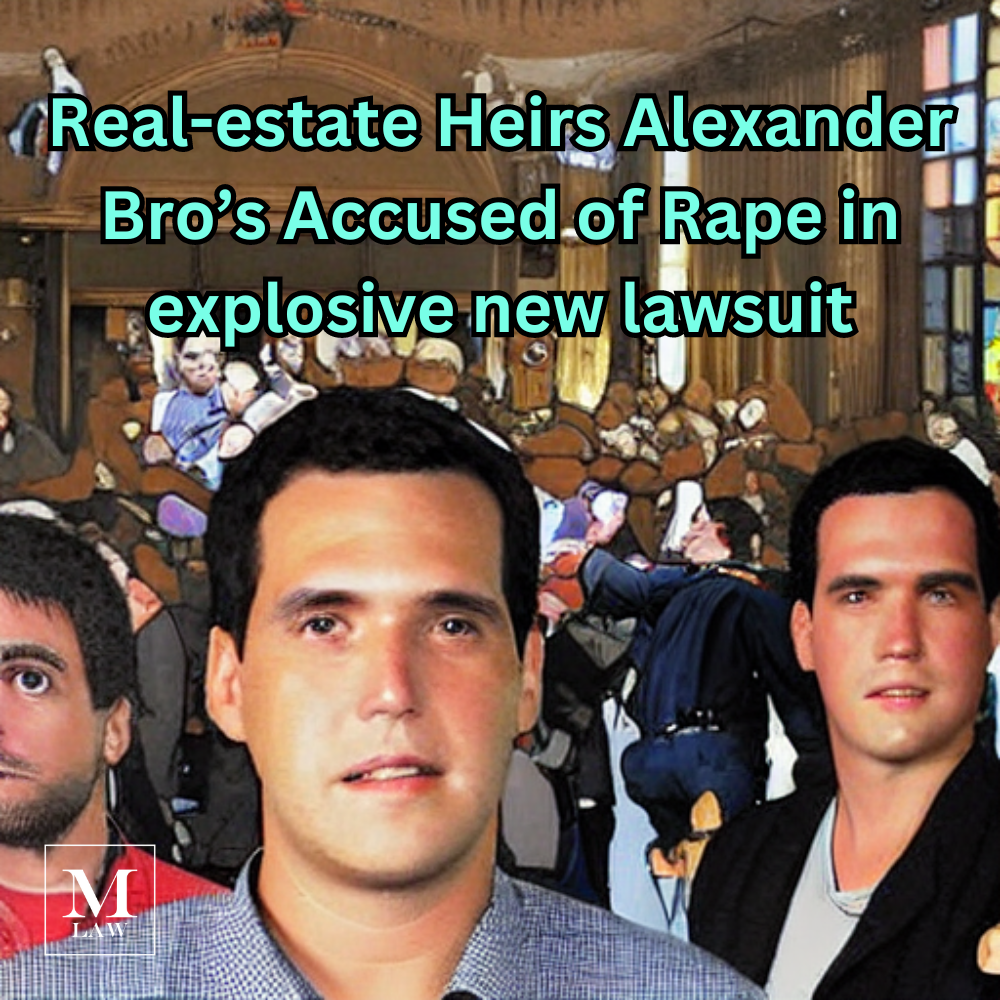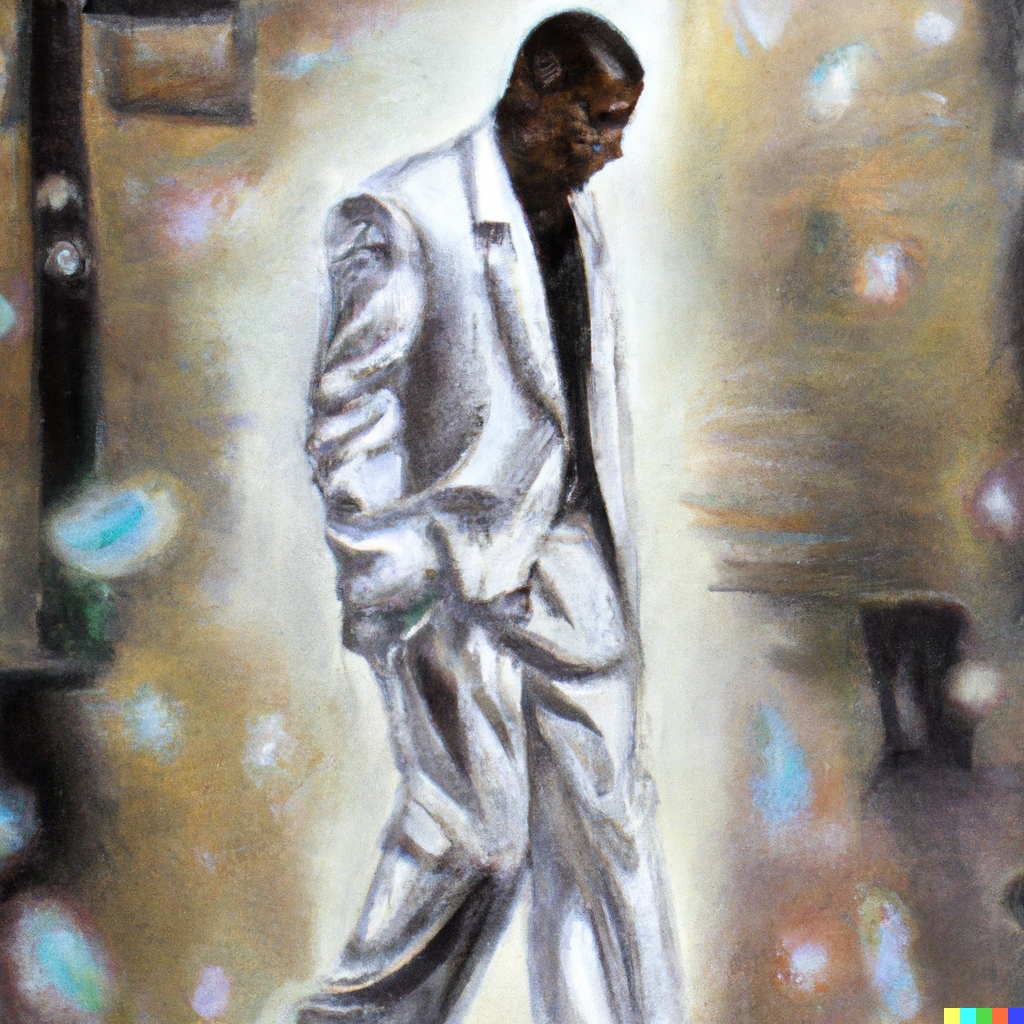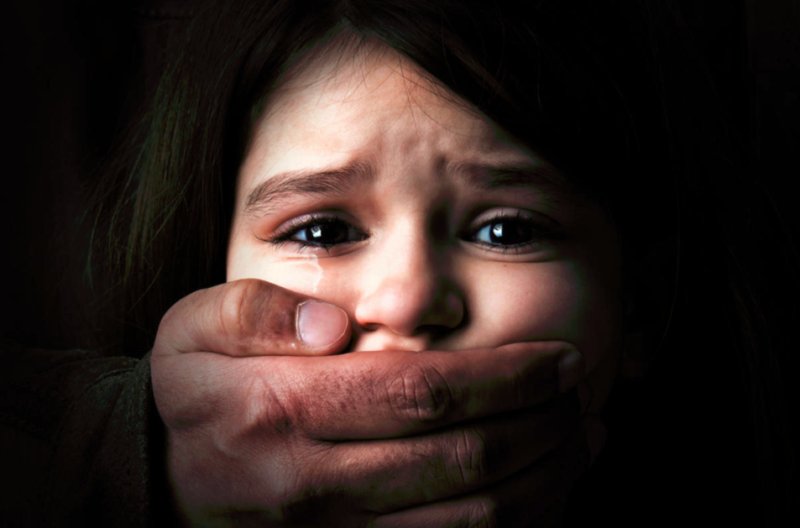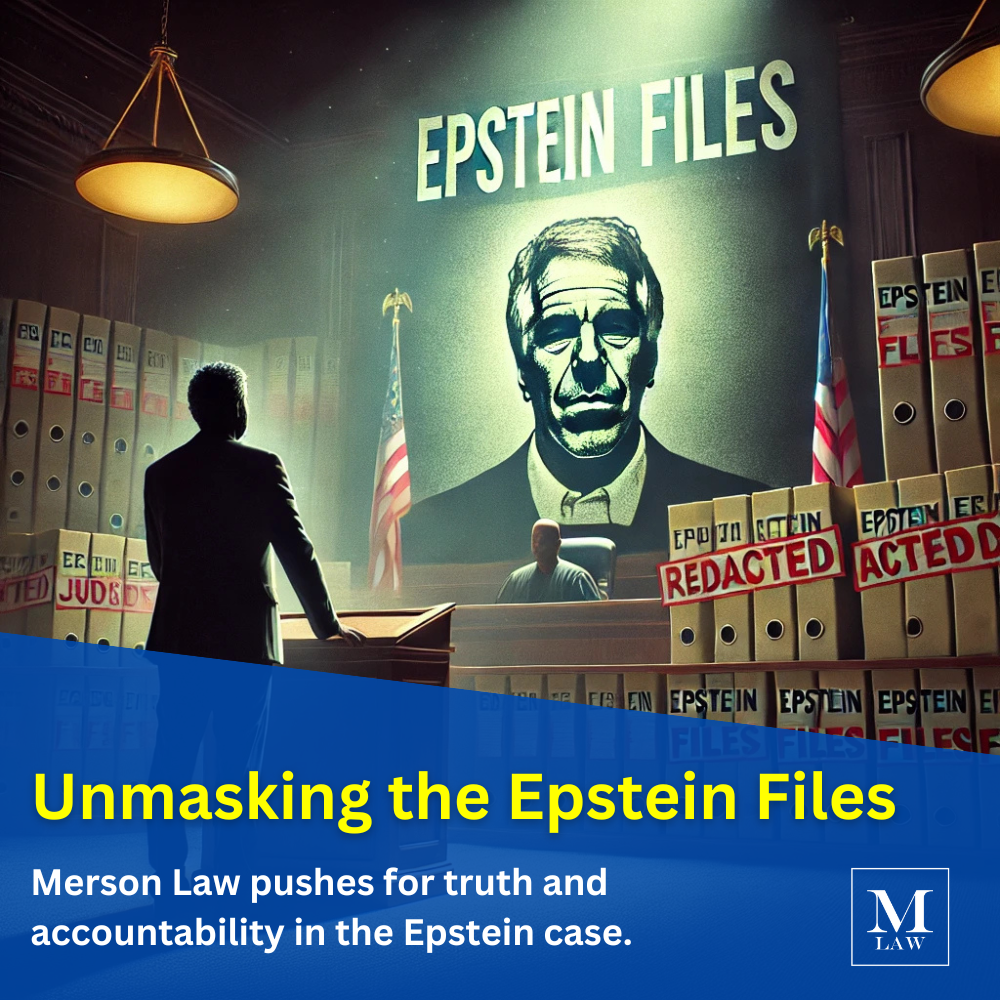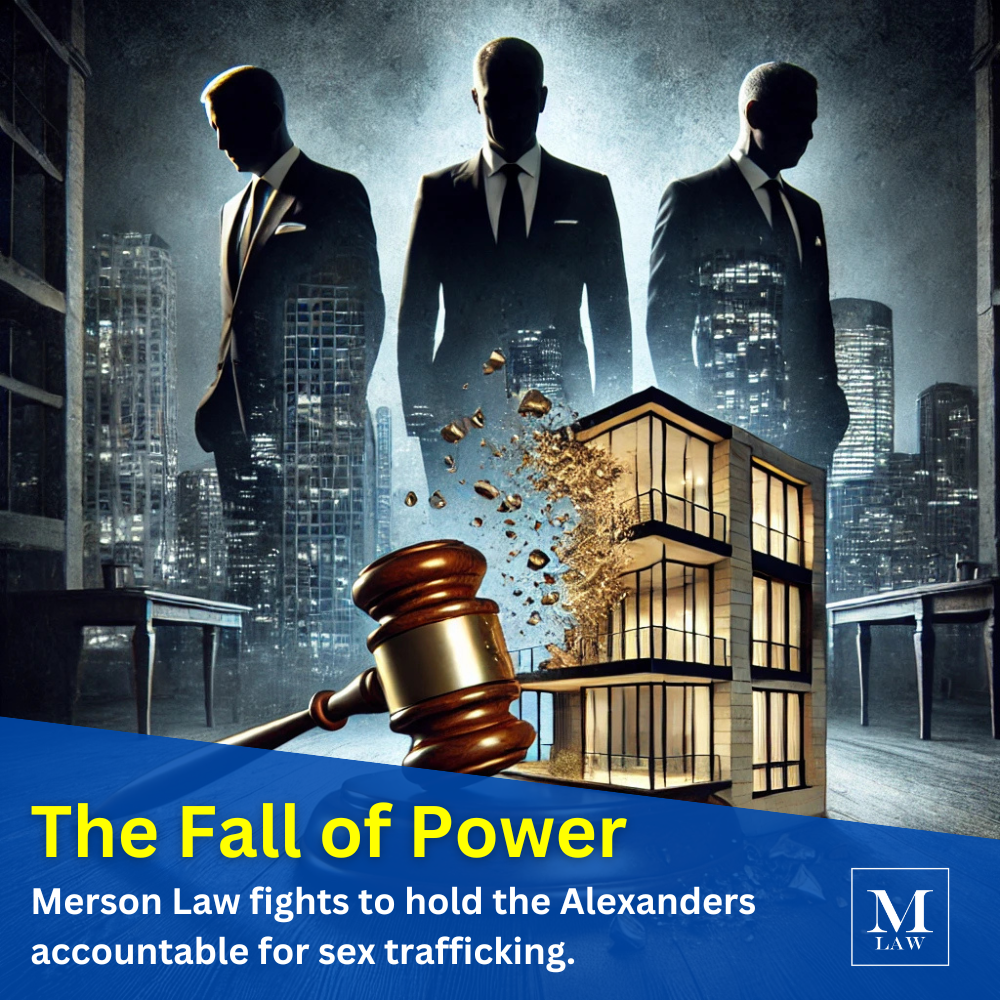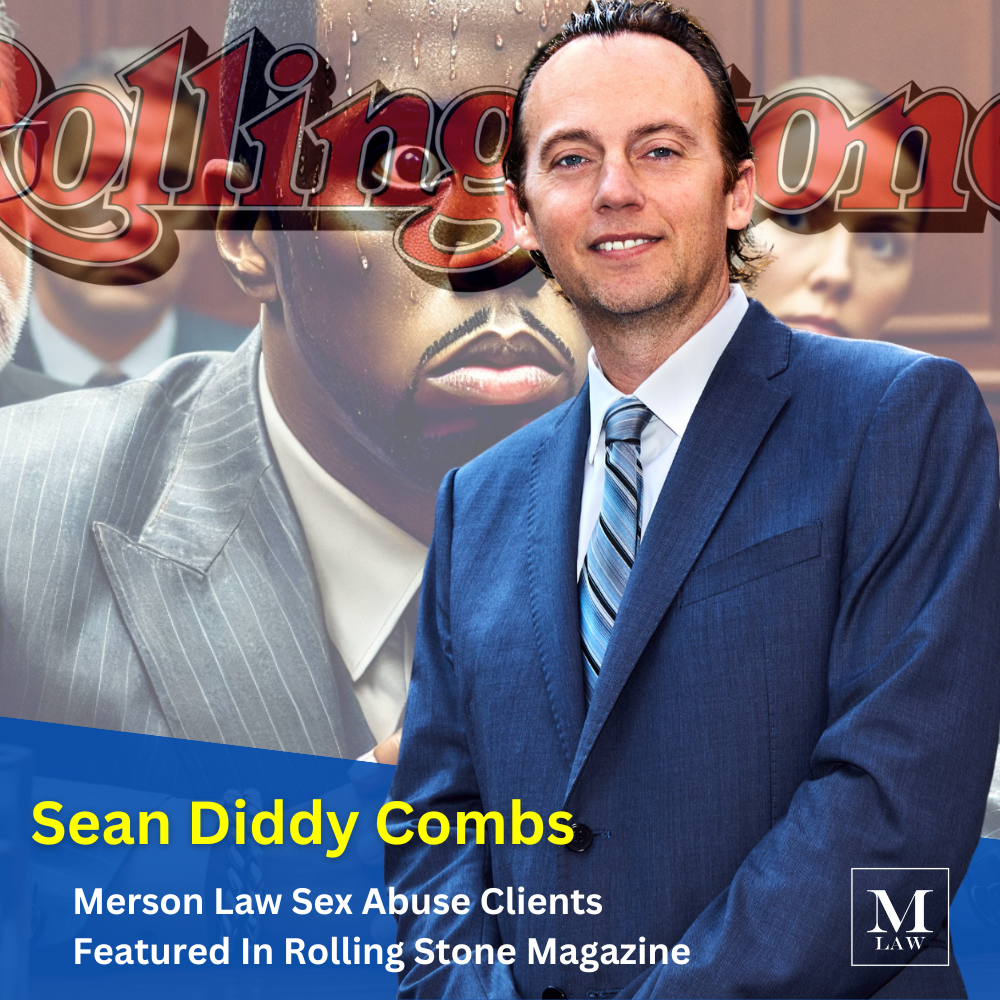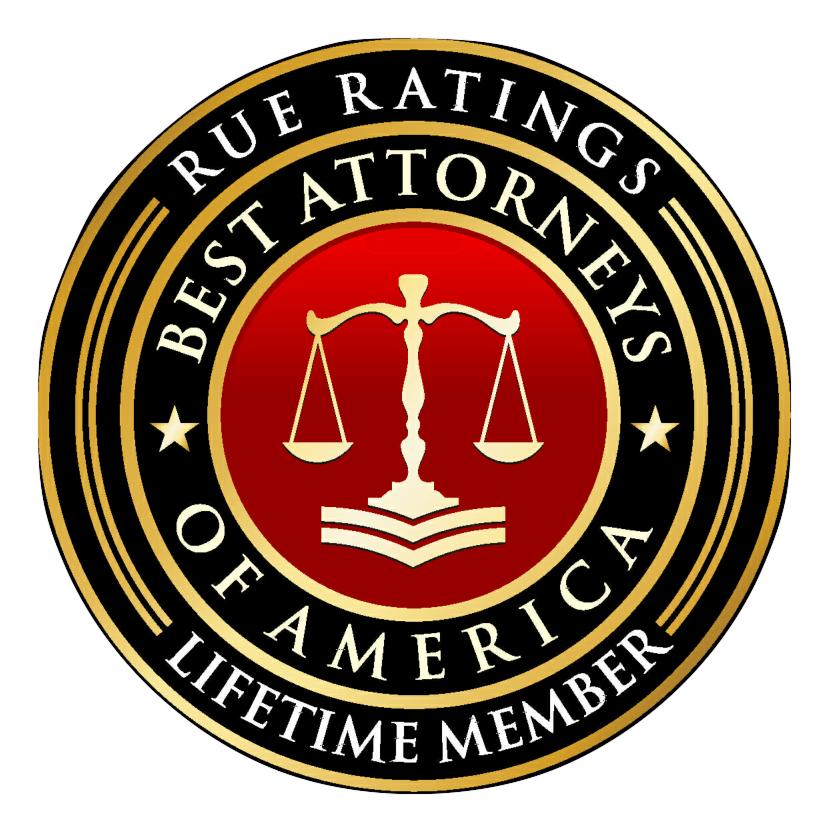$200 Million
$7.3 Million
$17.5 Million
$6.5 Million
$28 Million
$8 Million
$10 Million
$14 Million
$8 Million
$28.5 Million
$11.95 Million
$6.25 Million
$100 million
$11.3 Million
$225 Million
Record-Breaking $28 Million Verdict – Merson Law Stands for Justice
Merson Law secured a historic $28 million jury verdict—the largest physical and sexual assault award in New York State history—for a 14-year-old special education student who was sexually assaulted after being negligently allowed to leave Mount Vernon High School during school hours. This landmark case underscores Merson Law’s unwavering dedication to protecting victims of sexual abuse and holding negligent institutions accountable. If you or a loved one has suffered due to institutional negligence, Merson Law is here to fight for you. Contact us today for a free and confidential consultation.
Merson Law: New York’s Top Sex Abuse & Sex Assault Lawyers.
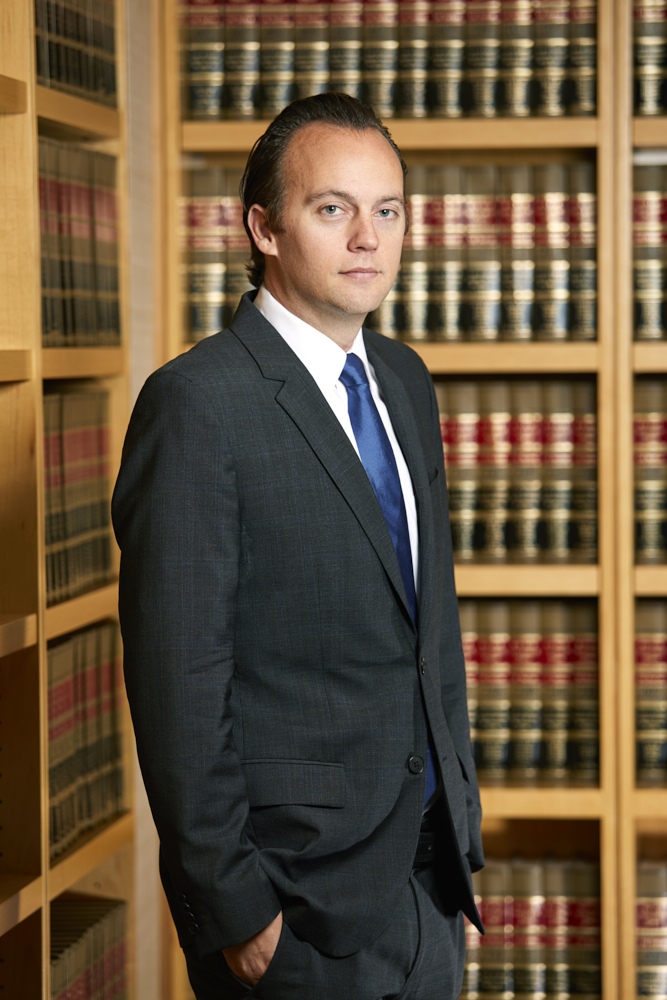
Founder Jordan Merson of Merson Law has built a stellar reputation representing sexual assault clients.
The sexual assault lawyers at Merson Law have extensive experience litigating sexual assault cases valued in excess of $1 million and much of their background includes prosecuting cases that have resolved for more than $10 million.
Here are some of the sexual assault cases litigated by Jordan Merson of Merson Law and his team of sexual assault lawyers*:
- $500 million – Merson Law represents sexual assault survivors in the Michigan State University fund for victims of Larry Nassar. This is the largest amount of money in history settled by a university for a sexual abuse case.
- $100 million + – Merson represents a number of victims of child sex abuse in the Independent Reconciliation Compensation Program (IRCP). $100 million has been set aside for the IRCP.
- $28 Million for the largest sexual assault verdict in ny state history
- $8 million settlement for race discrimination and sexual harassment
- $5 million for sexual harassment victim
*Please note that past results do not guarantee similar outcome
Mr. Merson was named in Super Lawyers and has been quoted by the national and local media, including USA Today, the New York Law Journal and the Daily News. When New York Magazine published its top verdicts in 2014, Mr. Merson was included on that list, as well.
You Deserve Justice. Get Started Now.
Merson Law Sexual Assault Cases
Legal Definition of Sexual Assault

What is sexual assault? Sexual assault is an act in which a person sexually touches another person without that person’s consent, or coerces or physically forces a person to engage in a sexual act against their will. It is a form of sexual violence which includes rape(forced vaginal, anal or oral penetration or drug facilitated sexual assault), groping, child sexual abuse or the torture of the person in a sexual manner.
Generally speaking, sexual assault is defined as unwanted and unconsented sexual contact. The Rape, Abuse & Incest National Network defines sexual assault as “unwanted sexual contact that stops short of rape or attempted rape. This includes sexual touching and fondling.“
In the United States, the definition of sexual assault varies widely among states across the country. However, most states acknowledge that sexual assault occurs when there is lack of or no consent from any of the individuals involved. Consent must take place between adults who are not unconscious or otherwise incapacitated and consent can change during any time during the sexual act.
According to the United States Department of Justice, sexual assault is “any type of sexual contact or behavior that occurs without the explicit consent of the recipient.” Interpreting this, one can assume that sexual assault is an umbrella term that includes sexual activities such as fondling, attempted rape and rape itself.
However, as mentioned before the legal definition varies depending on which state you’re in, and can even be different depending on where you were when the assault happened. Experienced sexual assault lawyers can help you navigate this legal ambiguity.
The Common Symptoms of Sexual Assault
Jordan Merson and his team of sexual assault lawyers have extensive experience helping victims, and understand that sexual assault survivors can experience a wide range of symptoms after the assault has occurred, even years after the traumatic event took place. Here are some common symptoms of sexual assault.
If you are experiencing any of these symptoms, please know that you are not alone and there is help. Contact our team of sexual assault lawyers today.
Powerlessness and loss of control
“I feel so helpless. Will I ever be in control again?”
All forms of sexual assault have one thing in common: they all involve forcible taking of personal power from the victim of sexual assault; the power to control their own circumstances is violently taken from the victim of sexual assault; the power to keep themselves safe from harm is brutally stolen in the traumatic actions of sexual assault.
Emotional numbness
“I feel so numb. Why am I so calm? Why can’t I cry?”
Feelings of confusion, of vertigo, of being easily overwhelmed, of racing thoughts, not knowing how to feel or what to do, feeling “spacey” or “out of it”, all of these are common symptoms of traumatic events such as sexual assault. You may even react in a way that’s like your reactions during other trauma events or crisis moments in your life, for example reacting with tears, emotional instability, outbursts and irritability, nervous laughter, socially withdrawing among other symptoms.
Denial
“Was it really sexual assault? I’m okay. I’ll be alright.”
Also called pseudo-adjustment, this stage may find you attempting to go on with your normal routine, wanting to forget about the sexual assault entirely. But this is a classic symptom of denial, utilizing a rationalization of what happened as an attempt to deal with your inner turmoil and return to your normal life.
Disturbed sleep
“If only I could get one good night’s sleep! These awful dreams!”
Survivors of sexual assault often experience trouble sleeping, entire sleepless nights and/ or traumatic dreams and nightmares. These dreams and nightmares may involve reliving the sexual assault, indicating that there may be unresolved psychological issues as a result of the sexual assault.
Sexual Assault Flashbacks
“It’s like i’m living it all over again!”
Memories of the sexual assault can often return years after the traumatic event took place. Sometimes these flashbacks can be so vivid and life-like that the sexual assault victim may feel as if they are re-living the whole experience over again. Fortunately, this may not be the result of irreversible psychological damage. The sexual assault flashbacks represent a trauma response, a way for your mind and brain to make sense of what happened and how to move forward the best way.
Guilt/ Self Blame
“I feel as if I did something wrong, that I did it, I made this happen! If only I hadn’t…”
Survivors of sexual assault may often feel as if they may be at fault for the entire traumatic event. They may think that they could have avoided the sexual assault by acting differently or by doing something different, such as wearing different clothes or changing their behavior. If victims of sexual abuse believe they could have resisted more forcefully, they may also feel at fault. This is also true for adult survivors of childhood sexual abuse who tend to see themselves as they are now, as adults rather than as they were at the time of the abuse. But the sexual assault offender is always at fault, never the victim.
Embarrassment/ Shame
“I feel so dirty…oh my god, can people tell that I’ve been raped? What will my family think!?”
Many survivors of sexual assault feel intense shame and embarrassment after the trauma event. They can often feel dirty, physically and mentally, and may feel feelings of revulsion and self hate. This reaction may prevent victims from speaking out about the assault. But the only way to get past this and move forward is through proactively healing yourself, mind and body, and part of that is to speak to a caring professional who can help you.
Loss of Confidence
“I feel I can’t do anything any more….even the simplest things.”
The experience of sexual assault often leaves the victim feeling helpless and, realizing that they cannot always protect themselves no matter how hard they try. The sexual assault is not only an invasion of the victim’s physical self but also the mind – the social and emotional self. The experience of sexual assault can bring vulnerability issues to light, which can devastate your self-confidence and destroy assumptions about the safety of the world.
Emotional & Mood Changes
“I feel like I’m going crazy!”
After experiencing sexual assault a survivors emotions may swing often, moods and emotions ranging the emotional spectrum from intense pain to complete numbness. Victims of sexual assault may feel depressed, restless or deflated, confused or even very angry. Feelings of loss of control, feeling uncontrollable emotions may make the victim believe they are psychologically unstable…or even crazy.
Sexual Assault Related Depression
“I feel so tired…it’s hopeless…what’s the point of even getting out of bed…”
Many survivors of sexual violation suffer periods of depression. Sexual assault related depression can take manifest itself in many ways in a victim. It may take the form of fear, anxiety, self hatred, emotional numbness, loss of appetite, disturbed sleep or include other physical indications of trauma related stress. Often associated with depression is a sense of meaninglessness. After being assaulted many of a sexual assault survivors thoughts about themselves, what their rights are and what to expect lose meaning, leaving them feeling totally helpless and not able to even do something for themselves.
Fear
“I’m constantly jumpy. A sudden noise, an angry voice, moving bushes and I am afraid.”
After a sexual assault, a survivor may feel scared of the dark or anxious about being alone or going out by themselves. They may experience fear generated by the possibility of pregnancy or STD’s or live in fear of running onto the offender again or facing them in court. All of these fears are very real concerns and you definitely need to get help if you want to move forward in your life, free of irrational fear.
Feelings of Anxiety
“I feel so worried and tense all the time! God, I feel like a nervous wreck…”
Survivors of sexual assault often experience severe anxiety which may manifest in physical symptoms such as difficulties in breathing, muscle tension, nausea, stomach cramps or headaches.
Hostility
Many survivors of sexual assault experience feelings of hostility and intense anger towards the gender or race of their offenders. For example, women who have been sexually assaulted by a man may experience feelings of hostility towards men. These feelings may be directed against a specific person, such as the offender, or generalised across a gender. You may also feel hostile towards a friend or relative who you think should have protected them or given you more support.
Anger
“I want to kill him; I hate him, everything, everyone.”
Anger is a difficult emotion for most people. The sexual assault victim’s anger towards the sex assault offender is more than justified. Sexual assault survivors may also be angry at the response they receive from others to whom they disclose their private thoughts related to the trauma.
Sexual Confidence
“I just can’t bear to be touched.”
The experience of sexual assault has a direct impact on a victim’s sexual confidence and interest in sexual activity. They have had a horrific sexual experience linked to aggression, hostility, derision, arrogance, force, domination, insensitivity and coldness. Often it is difficult to free one’s mind of these associations and feel comfortable enough to re-establish or begin a sexual relationship. It is important that the victims’ partner understand that they will need to allow the victim to be in control of any sexual activity and therefore, the one to initiate it. It is essential to long-term recovery that the victim is not pressured into sexual intimacy.
Alienation/ Isolation
Feelings of differentness, alienation, isolation and despair are often experienced by sexual assault survivors if they are unable to share their experiences with others. Societal norms prevent many victims from speaking out about their experience of sexual assault and many victims, women in particular, have few avenues for personal communication. This is particularly the case for victims assaulted by their partners or acquaintances. Likewise, victims from Non English Speaking backgrounds may be denied access to mainstream support systems. Victims with a disability may also be unable to voice their experience to others due to the nature of their disability.
What You Can Do If You’ve Been Sexually Assaulted

Be aware that these are normal reactions to trauma. Each person handles crisis differently, so think of things that helped you get through crises in the past. Get help from our team of sexual assault lawyers to sort out what you would like to do and how you may want to organize your time, thoughts, and decisions. Be compassionate toward yourself; give yourself time to heal.
The sexual assault lawyers at Merson Law are among the most caring and compassionate sexual assault lawyers in New York. We successfully take on the biggest and most harmful sexual assault cases in the country (including the Archdiocese of Philadelphia), bringing justice and closure for our suffering sexual assault victim clients. Contact us today and see how we can help you.


